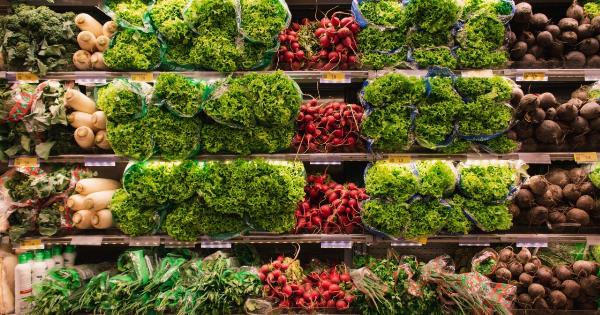Milk is considered a complete food as it is rich in nutrients required for the growth and development of kids. The nutrients present in milk help in building strong bones, teeth, and muscles.
It is a great source of calcium, vitamin D, protein, and other essential minerals. So, how much milk should kids be drinking every day?.
How much milk do kids need?
The amount of milk a child needs depends on their age, weight, height, and activity level. As per the American Academy of Pediatrics (AAP), babies under the age of 1 should only be fed breast milk or formula.
Babies who are 6-12 months old can have up to 2-3 cups of whole milk or formula per day.
For kids who are between 1-2 years of age, they should have 2 cups of whole milk or its equivalent in dairy products per day. Children who are 2-3 years old should have 2 cups of low-fat milk or its equivalent in dairy products per day.
Kids who are between the ages of 4-8 years should have 2.5 cups of low-fat milk or its equivalent in dairy products per day. Children who are between the ages of 9-18 years should have 3 cups of low-fat milk or its equivalent in dairy products per day.
What are the alternatives to milk?
For children who are lactose intolerant or unable to consume dairy products, there are other alternatives that they can consume to meet the daily calcium requirements.
Some common alternatives to milk are:.
- Soy milk
- Almond milk
- Coconut milk
- Rice milk
- Yogurt
- Cheese
It is essential to check the nutritional information of alternative milk products before buying them. Some products might not have the same amount of calcium and other nutrients as milk, so it is important to check the labels before buying.
What are the risks of consuming too much milk?
While milk is a great source of nutrients, consuming too much of it can also have some health risks. Some risks of consuming too much milk are:.
- Increased risk of obesity
- Iron deficiency anemia
- High blood pressure
- Lactose intolerance
- Diarrhea
It is important to maintain a balanced diet and not to rely solely on milk for nutrient intake. Children should have a balanced and varied diet that includes other dairy products, fruits, vegetables, and proteins.
What if my child refuses to drink milk?
If your child refuses to drink milk, there are other ways to ensure that they are getting the required nutrients. Here are some alternatives:.
- Offer yogurt or cheese
- Include other calcium-rich foods in their diet, such as broccoli, kale, and sardines
- Use milk in their meals, such as in soups and casseroles
- Try different types of milk, such as chocolate milk or strawberry milk
If your child still refuses to drink milk or eat dairy products, consult your pediatrician for further advice and alternatives.



























